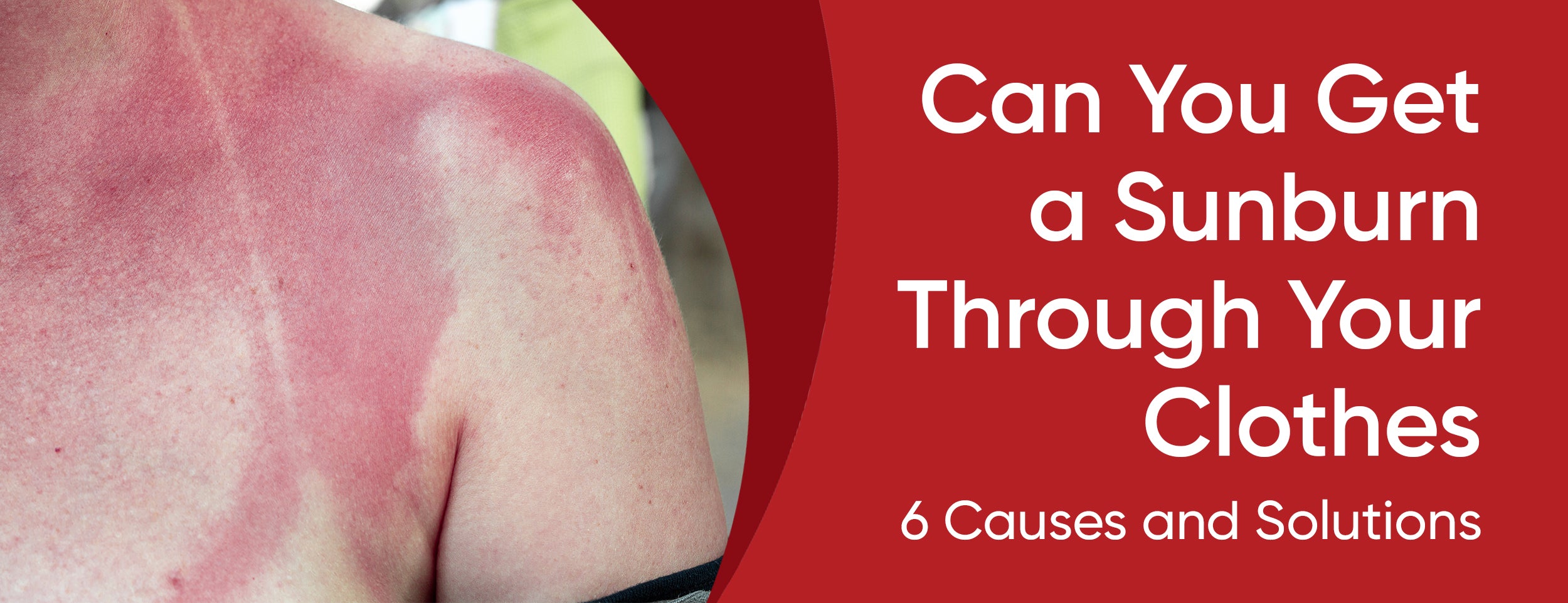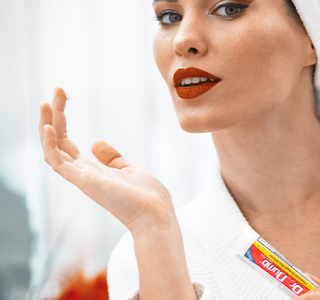Sunburn can occur even underwater when the sun's rays are intensified by the water, acting as a parabolic mirror with the beach sand reflecting light at you. This can cause severe sunburns and, in more serious cases, increase the risk of skin cancer.
It's important to note that being in or around water does not shield you from sunburn. While water provides minimal protection from UV radiation, even at a depth of 0.5 meters below the surface, approximately 40% of UV radiation can still reach the body.
In this blog post, we will delve into getting sunburned underwater. Also, explore the various factors that influence sunburn underwater and provide valuable tips to prevent it from occurring.
Can You Get A Sunburn Underwater: 4 Affecting Factors

Let's explore the fascinating phenomenon of sunburn underwater. Factors like sunscreen efficacy, time of day, water reflectivity, and depth influence the risks and precautions associated with sun exposure beneath the surface.
Depth of the Water
- While swimming, water depth plays a vital role in determining sunburn risk.
- UV radiation absorption is affected by depth.
- The deeper the water, the less likely you are to get sunburned.
- Water can block and absorb some UV radiation, but it's essential to remember that deeper water doesn't offer absolute protection.
- Deeper swimming locations may reduce UV exposure, but it doesn't eliminate it entirely.
Reflection of the Water
- While underwater, reflections from the surface can significantly affect skin exposure to UV radiation.
- The reflection of sunlight and intensification of UV radiation occurs when water acts as a mirror.
- In shallow waters, UV rays can bounce off the surface and penetrate the skin, increasing the risk of sunburn.
- Reflection can cause unexpected sunburns for swimmers.
Time of Day
The time of day you take a dip can significantly influence your sunburn risk while submerged. Explanation of the effects of the time of day on sunburn underwater:
- Sunburn risk is higher during midday when UV radiation is most intense.
- The sun's angle in the sky affects the amount of UV radiation reaching the water's surface.
- Swimming during midday, when the sun is directly overhead, increases the risk of UV exposure and subsequent sunburn.
Sunscreen Protection
Sunscreen is a primary line of defense against sunburn, but its effectiveness can vary underwater. Explanation of the efficacy of sunscreen protection underwater:
- Underwater exposure can reduce the effectiveness of most sunscreens since they are not designed for underwater use.
- While swimming, sunscreen can wash off, reducing its protective properties.
- Waterproof sunscreens should be marked "water-resistant" or "very waterproof" with a minimum SPF of 30. When you dry off with a towel, reapply as directed.
Prevention of Sunburn Underwater: 3 Tips and Tricks
The following are a few valuable tips that will help you avoid sunburn while underwater, including reducing your exposure to the sun, covering up your skin, and applying waterproof sunscreen.
Use Waterproof Sunscreen

Sunscreen specifically designed for underwater activities is one of the best ways to prevent sunburn. Waterproof sunscreens are more water-resistant than regular sunscreens so they will provide longer-lasting protection. Protection, even when you are submerged in water. Using a waterproof sunscreen can help block out the sun's harmful UV rays and reduce the risk of sunburn.
- Make sure you choose a sunscreen with an SPF of at least 30.
- Apply again after swimming or sweating every 2 hours.
- Cover all parts of your skin, even those not submerged.
Cover Your Skin
Sunburn can also be prevented underwater by covering as much of your skin as possible. Wearing protective clothing and accessories like rash guards, hats, and sunglasses will reduce exposure to the sun's rays, lowering your chance of getting sunburned.
- Make sure you wear a long-sleeved rash guard or swim shirt.
- Make sure you wear a wide-brimmed hat to protect your face, neck, and ears.
- Protect your eyes and the delicate skin around them by wearing sunglasses.
Limit Sun Exposure
The last thing you should do while underwater is limit your exposure to the sun. Preventing sunburns and reducing skin damage by avoiding the sun's rays during peak sun hours (10 a.m. to 4 p.m.).
- Make sure you swim in a shaded area or under an umbrella.
- Spend some time inside or in the shade to avoid overexposure to the sun.
- Wear a wetsuit if you plan to stay in the water for an extended period.
Conclusion
Underwater, it is possible to get sunburned, even though you may think the water would prevent it. The depth of the water, the reflection of the water, the time of day, and the efficacy of sunscreen all play a role in this.
Wearing waterproof sunscreen, wearing protective clothing, and limiting your exposure to the sun will help prevent sunburns. Always take good care of your skin when swimming underwater.


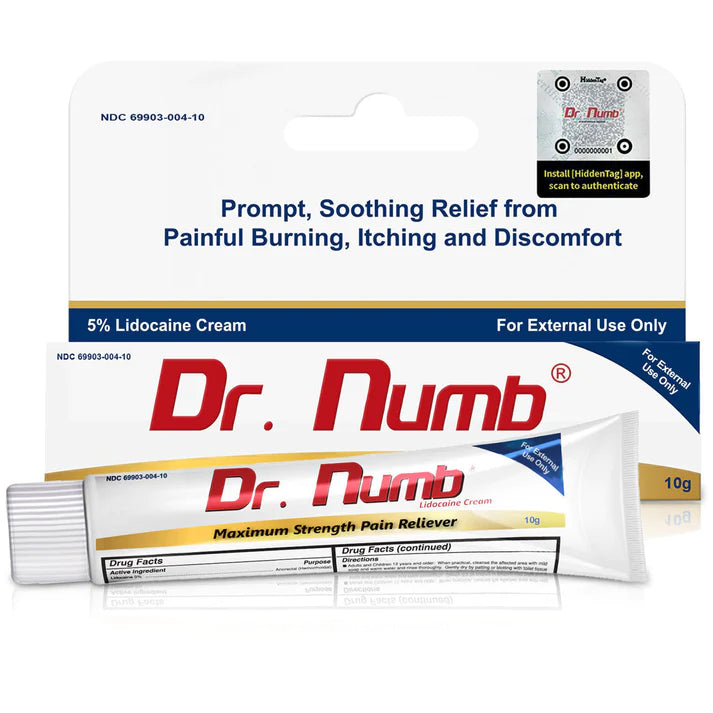



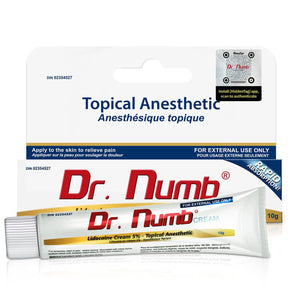
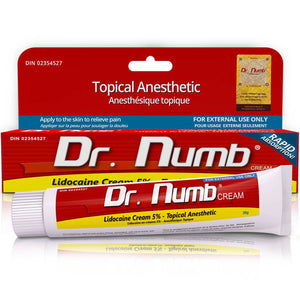
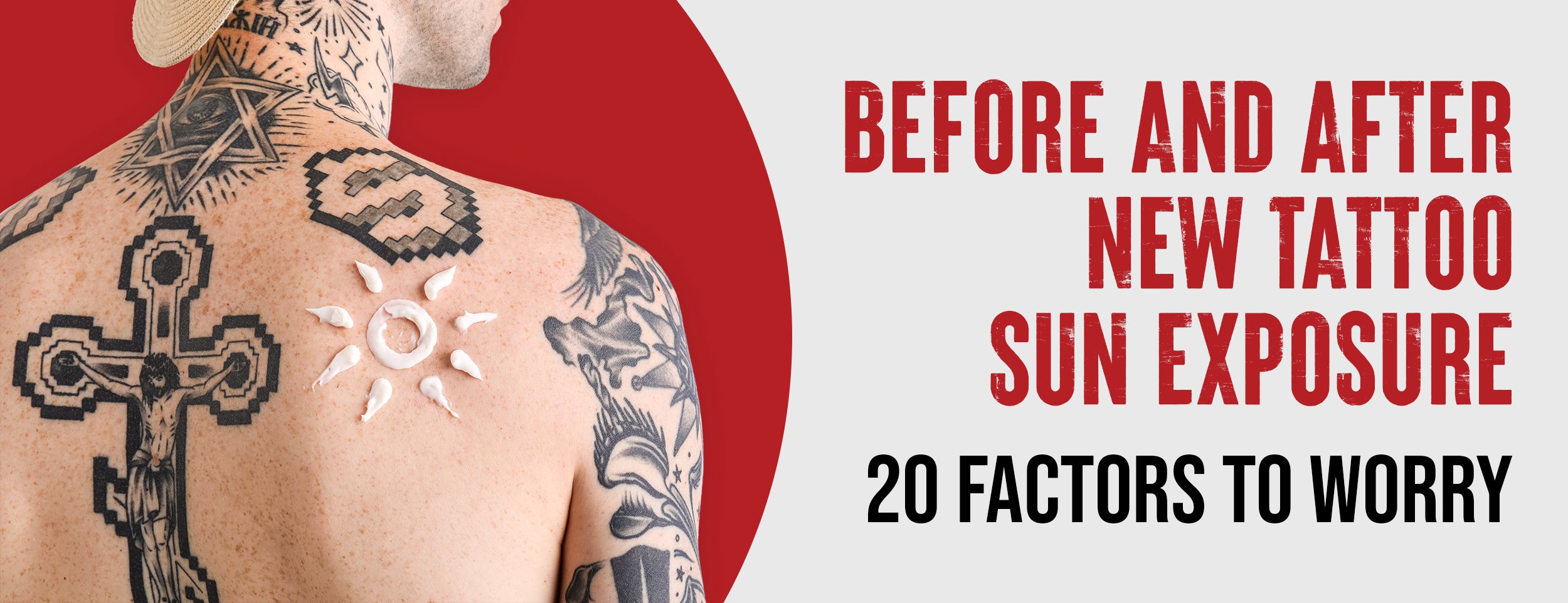
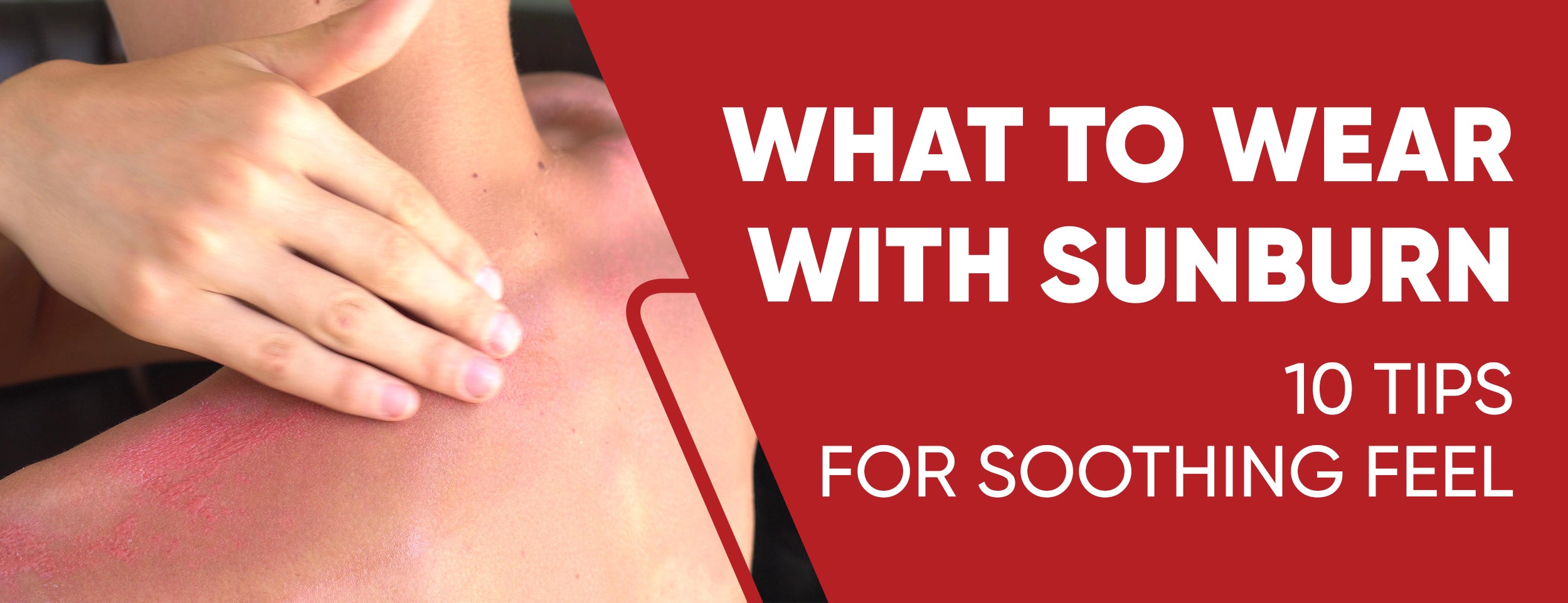
![How to Cover Sunburn With Makeup: 15 Ideas [Easy Solutions]](http://drnumb.ca/cdn/shop/articles/How_to_Cover_Sunburn_With_Makeup__15_Ideas_Easy_Solutions.jpg?v=1705581434)
